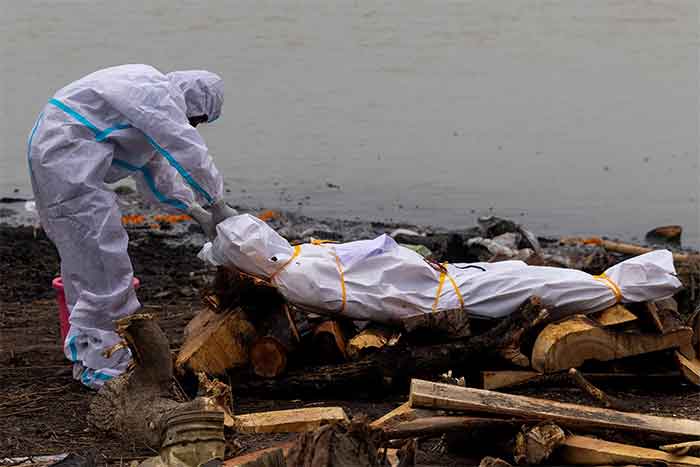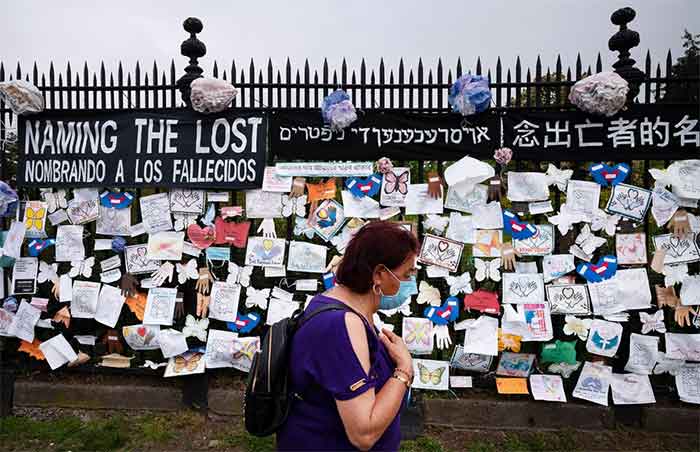
I have a problem. “Sure, but who doesn’t?”, is a valid rejoinder. At one end, people have life-or-death, existential problems. Then there are problems like: Next meal when?; Job/income/social security; Children’s future; Dependent parents; Match income with commitments and price rise; Loan for medical/surgical problems; … …, How to manage EMI for house/car/education?, … … and, at the ‘top’ end, Should I take a loan for a foreign holiday trip?; When can I afford my second car?; and so on.
The earlier problems concern the quality of life, the latter concern the standard of living, and in between there is some of both. My problem is none of these, since I have lived decades of a satisfying family and professional life in a comfortable socio-economic situation. So I need to elaborate.
Midnight ‘strike’
On August 14, 1947, Nehru spoke: “At the stroke of the midnight hour, when the world sleeps, India will awake to life and freedom”. It was the outcome of a long-fought, welcome “Angrez-shasan bandi”, although sadly followed by the historic human tragedy of Partition. On November 9, 2016, at the stroke of the midnight hour, with 4-hours notice, we had a not-so-welcome “Note-bandi”, followed by widespread economic shock but especially for poor people. Most recently on March 24, 2020, once again at the stroke of the midnight hour, once again with 4-hours notice, we had Corona lockdown “Jan-sanchar bandi”. It is moot to note that even an organized and trained military unit is given a warning order for readiness to move into action, followed by the actual move orders with notice depending upon the mission. The Jan-sanchar bandi was an unpleasant surprise, a problem for the unprepared nation, even exceeding the troubles due to the Coronavirus.
Many hundreds of millions of our people were devastated and remain so, stranded in darkening clouds of uncertainty, without job, dues unpaid & employer vanished, no money, no food, no shelter, no hope, struggling to survive. It is no wonder that these millions decided to go home. [Vombatkere, S.G., “The COVID Crisis: Tsunami for the Poor”; <https://countercurrents.org/2020/05/the-covid-crisis-tsunami-for-the-poor>; Countercurrents.org; May 13, 2020]. This exodus has all the makings of becoming historic.
War on Corona
Many millions, single men, families with small children & pregnant wife, decide to leave cities, walking hundreds of kilometres to their village or town in their home state. Enroute, they are humiliated or beaten by police; suffer heat-thirst-hunger-exhaustion, blistered or bleeding feet; lose hope as they helplessly watch their dear ones collapsing by the wayside or die, hit by speeding vehicles; as people who worked for an honest living just days earlier, humiliated to stand in line to receive some food and asked to show identity papers or ration card; forced by government to stop their trek or turn back; denied entry into or across state borders; asked to pay fare for bus/train, etc.
These are the people whom we call “migrant workers”, but there are many more millions “settled” in urban slums, who are also devastated, without job-money-food-hope. There are even more millions in rural India, devastated as crops stand unharvested, harvested crops rotting because they cannot be transported, no work, no money, etc., not unlike their brethren in urban areas. How many in all? Perhaps 600-million?
When I feel for them, and express this to some friends, I encounter mindset-revealing remarks like:
# Government is doing all it can, but ‘they’ went off before Government could arrange for food and shelter; # Come on! Not all of these people endure such suffering; # Why are they going back to their home state when they have nothing for them there? How will they manage when they reach their homes? Will they get work or a job there? # Why did they come to the cities in the first place? # They are better off in the city than in the village; # Concerning 17 persons killed by a train, Why did they need to sleep on the railway track? # Why should they not pay fare? After all, nobody asked them to leave. And more such.
That leads me to question the way the social-economic-political system works, as it has done for decades past, creating an emotional divide hidden within the socio-economic chasm. It pains me to say it, but I now understand that, given my position in society, I am a part of the problem. And so I need to speak, especially now that Corona has made things considerably worse. It would appear that the “War on Corona” is impacting the poor in unthought-of, irreversible ways, besides screwing up an economy still anaemic from Note-bandi.
The state of the State
The duty of the State is governance by the letter and spirit of the “rule book”, the Constitution of India. The combined Executive-Legislative-Judiciary, together with all the organs and instruments of governance, at all levels from village-town-city through the states to the apex, are the State apparatus. It was created to provide We the People, individually and collectively, with a life of peace and progress with security, on the basis of Justice, Liberty, Equality and Fraternity, and guided by the Directive Principles of State policy.
Nobody can pretend that this is easy or even uniformly achievable, but it is clear that there are ways which lead towards good governance and others which lead directly away. In real-time governance there are inevitably difficult compromises to be struck, but when governance is guided by our national “satyameva jayate” motto, errors, mistakes, even blunders of governance are understandable, perhaps even forgivable. But the fact is that over decades “satya” has been absent in governance, and especially starting 1991, it has been increasingly eliminated by persons in governance, who say one thing, mean another thing and do something different.
Some of the reasons for failure of “satya” in good governance, is lack of understanding that:
1) The nation is the integral of its People with the State created by the People for the People.
2) For a nation to be stable and strong, its foundation should be strong. The foundation of the nation is its People.
3) A healthy society can only be comprised of socially and economically healthy people, with good physical, mental and emotional health as individuals.
4) Sound school education is the bedrock of a progressive nation.
5) A healthy society provides a basic, essential and assured quality of life for all its members.
6) Social and economic benefit to the majority population cannot be subordinated to profit for wealthy/powerful/vocal section(s).
7) Shortages of “things” are mostly due to a shortage of justice.
8) Economic growth is meaningless, even undesirable, if people do not prosper.
The result of this lack of understanding is our present, monstrously unequal, unhealthy society ruled over the decades by those who have created a nexus between wealth and power with destructive influence on all the organs of the State. This nexus has made justice and liberty only for the few, systematically destroyed fraternity, and increasingly diminished democracy, the very foundation of our Republic. The voice of the vast majority is unheard or irrelevant, and perhaps incomprehensible to the “rulers”, due to a combination of greed, callousness and ignorance, and disregard, even contempt for “satya”. It bears repetition that this has happened over decades, but is peaking now, especially post-Corona.
Return of the ‘Raj’
Rather than People being able to demand transparency in governance and hold the State accountable, the State has created structures and conditions to coerce People to become transparent to its designs, and has arrogated to itself, powers to criminalize people who are not transparent or are unwilling to bow to its dictates. The State holds that all this is necessary for the good of the People, thereby turning “satya” upsidedown. The servants/sewaks of the People have become their masters. The Executive-Legislative-Judiciary with notable exceptions, has largely failed the People.
As many millions continue to suffer physically, emotionally, socially and economically, governments are mandating 12-hour work-days, removing need for providing safety and welfare measures at workplace, etc., by ordinancing away already weakened labour protection laws. They are converting hitherto “merely” exploited workers, migrant or otherwise, into indentured labour, thereby institutionalizing injustice and inequality in the Republic of India, not unlike what our erstwhile British colonial masters had been doing.
That’s the reason I have a problem.
Maj Gen S.G.Vombatkere, VSM, focuses on development and strategic issues, using cross-discipline study and systems thinking. Contact: [email protected]
SIGN UP FOR COUNTERCURRENTS DAILY NEWS LETTER
















































